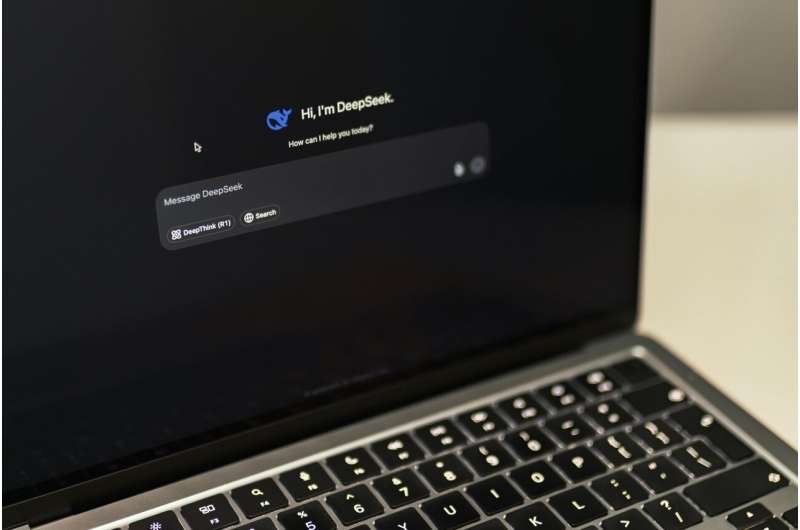AI perceived more negatively than climate science or science in general
ChatGPT's release in late 2022 has brought attention to the potential and risks of artificial intelligence. Public perceptions of AI can influence its development and implementation. It is crucial to gauge American attitudes towards AI to better comprehend their views, hopes, and fears related to this technology.

Introduction
ChatGPT was released to the public in late 2022, and the promise and perils of artificial intelligence (AI) have loomed large in the public consciousness ever since. Because perceptions of a new technology like AI can help shape how the technology is developed and used, it is important to understand what Americans think about AI—how positively or negatively they regard the technology, and what hopes and concerns they have about it.
Research Findings
In a new paper published in PNAS Nexus, researchers affiliated with the Annenberg Public Policy Center (APPC) of the University of Pennsylvania explore public perceptions of AI science and scientists, comparing those to perceptions of science and scientists in general, and perceptions of climate science and scientists in particular. The researchers surveyed an empaneled national probability sample of U.S. adults about how they perceived these different scientific domains in terms of each of the "Factors Assessing Science's Self-Presentation" (FASS)—a rubric that includes credibility, prudence, unbiasedness, self-correction, and benefit.
They found that people perceived AI scientists more negatively than climate scientists or scientists in general, and that this negativity is driven by concern about AI scientists' prudence—specifically, the perception that AI science is causing unintended consequences. The researchers also examined whether these negative perceptions might be a result of AI being so new and unknown, but found that public perceptions of AI science and scientists did not significantly improve from 2024–2025, even as AI became a more common presence in everyday life.
Perceptions and Political Dynamics
Perceptions of science are often influenced by political dynamics: Climate science has long suffered from partisan politicization and, after the COVID-19 pandemic, Republicans' confidence in medical scientists and scientists in general declined. But the researchers found that perceptions of AI are less polarized than perceptions of science and climate science. "Our research suggests that AI has not been politicized in the U.S., at least not yet," says lead author Dror Walter, an associate professor of digital communication at Georgia State University and an APPC distinguished research fellow.
Walter says that "identifying negative perceptions can help guide messaging about new science," and that "the public unease about AI's potential to create unintended consequences invites transparent, well-communicated ongoing assessment of the effectiveness of self or governmental regulation of AI."
This article has been reviewed according to Science X's editorial process and policies. Editors have highlighted the following attributes while ensuring the content's credibility: fact-checked peer-reviewed publication trusted source proofread.
More information: Dror Walter et al. Public Perceptions of AI Science and Scientists Relatively More Negative but Less Politicized Than General and Climate Science, PNAS Nexus (2025). DOI: 10.1093/pnasnexus/pgaf163, academic.oup.com/pnasnexus/art.../4/6/pgaf163/8159304.
Provided by Annenberg Public Policy Center of the University of Pennsylvania.

